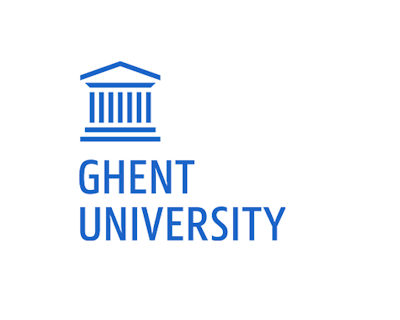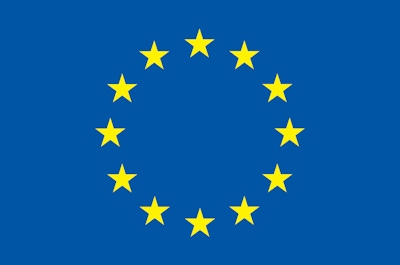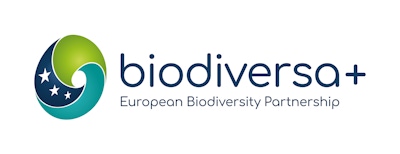Work Packages
Project's structure and link between the work packages
Setting the scene for transboundary biodiversity protection
The main aim of this WP is to use state-of-the-art knowledge to develop a sound methodology to guide the research, as well as establishing an initial engagement with stakeholders to test the project’s main goals and co-create the methodology.
To prepare for the field work in the case study, we will conduct desk research on the existing legal and policy documents at different levels (from international to local and park levels) that allow for transboundary biodiversity governance arrangements to be set up, including on cross-border pollution and transnational wildlife crime.
Furthermore, to have a broader overview of cases capable of informing the project’s methodology, we will map the most relevant existing examples of transboundary biodiversity protection and the specific features of their governance, even outside Europe to have a term of reference.
Finally, to prepare for field work and establish a solid relationship with relevant stakeholders, we will organize four parallel meetings to present the project to local stakeholders from the case studies or more regional organizations and collect their inputs on project design and methodology.
Based on the inputs coming from these different activities, we will develop a common methodology to guide fieldwork activities in WPs 2 and 3 and make sure that collected data are consistent and comparable.
Work Package leader: Eurac Research
Unearthing the practices of transboundary biodiversity protection
WP2 ultimately aims to identify the practices of transboundary biodiversity protection for each of the selected case studies, specifically focusing on the cooperative mechanisms in place, its key actors, information of participatory processes as well as existing conflict-resolution mechanisms. Through this approach, researchers shall be able to identify lessons learned, which will be shared among the partners and stakeholders. The work that will be undertaken in WP2 constitutes a part of the groundwork for achieving the overall objectives of the TRANSNATURE project:
Aiming to build and provide an inclusive, transparent, and holistic approach for the tasks of the WP, additional stakeholders in each of the study areas will be identified.
Based on the common methodology for field work, developed within WP2, field visits and interviews in the case study areas will be undertaken.
Conducting focus groups in each of the case study areas will complement the process towards unearthing the different existing practices of transboundary biodiversity conservation.
Additionally, conducting interviews with other relevant supranational/national/transnational stakeholders will provide for the comparability of the identified practices within the regions with other or similar cases.
The first-hand data that has been collected in the field will be compared, also by exchanging knowledge on main actors, cooperation, conflict-resolution, and participatory mechanisms.
Work Package Leader: University of Lapland
Focusing on cross-border pollution and transnational wildlife crime
The overall objective of WP3 is to gain understanding whether transboundary biodiversity conservation in the case studies allows for specific mechanisms to prevent and enforce cross-border pollution as well as transnational wildlife crime legislation. The focus on the research includes administrative law, civil law, and criminal law.
Based on the results of the desk research and field activities, the task aims to identify specific governance features that are relevant for the prevention and enforcement of cross-border pollution in the four case-studies. (University of Ghent)
Based on the results of the desk research and field activities, the task aims to identifying specific governance features for the prevention and enforcement of transnational wildlife crime in the four study areas. (Universitat Rovira i Virgili)
To conduct specific follow-up interviews with stakeholders and enforcement agencies to gain further information on the identified governance features. (Universitat Rovira i Virgili and University of Ghent)
Criteria will be developed to both identify and evaluate best practices in the field of cross-border pollution and transnational wildlife crime. (Universitat Rovira i Virgili and University of Ghent)
Work Package Leader: Universitat Rovira i Virgili
Evaluating the effectiveness of transboundary governance and streamlining research results into policy
The aim of this WP is to take stock of the data collected in WPs 2 and 3 in order to
evaluate the effectiveness of transboundary biodiversity governance with reference to coordination, participation, conflict-resolution mechanisms, and the existence of mechanisms to prevent and enforce transboundary pollution and wildlife crime; and
produce policy recommendations to inform relevant policy-making processes.
This will be done through publications in peer-reviewed journals, and though an exchange process with stakeholders from the case studies, as well as international and European stakeholders, to produce two different sets of policy recommendations, one more tailor-made for the study areas and one to inform the evolution of the CBD and the EU biodiversity-related targets.
Work Package Leader: Eurac Research




